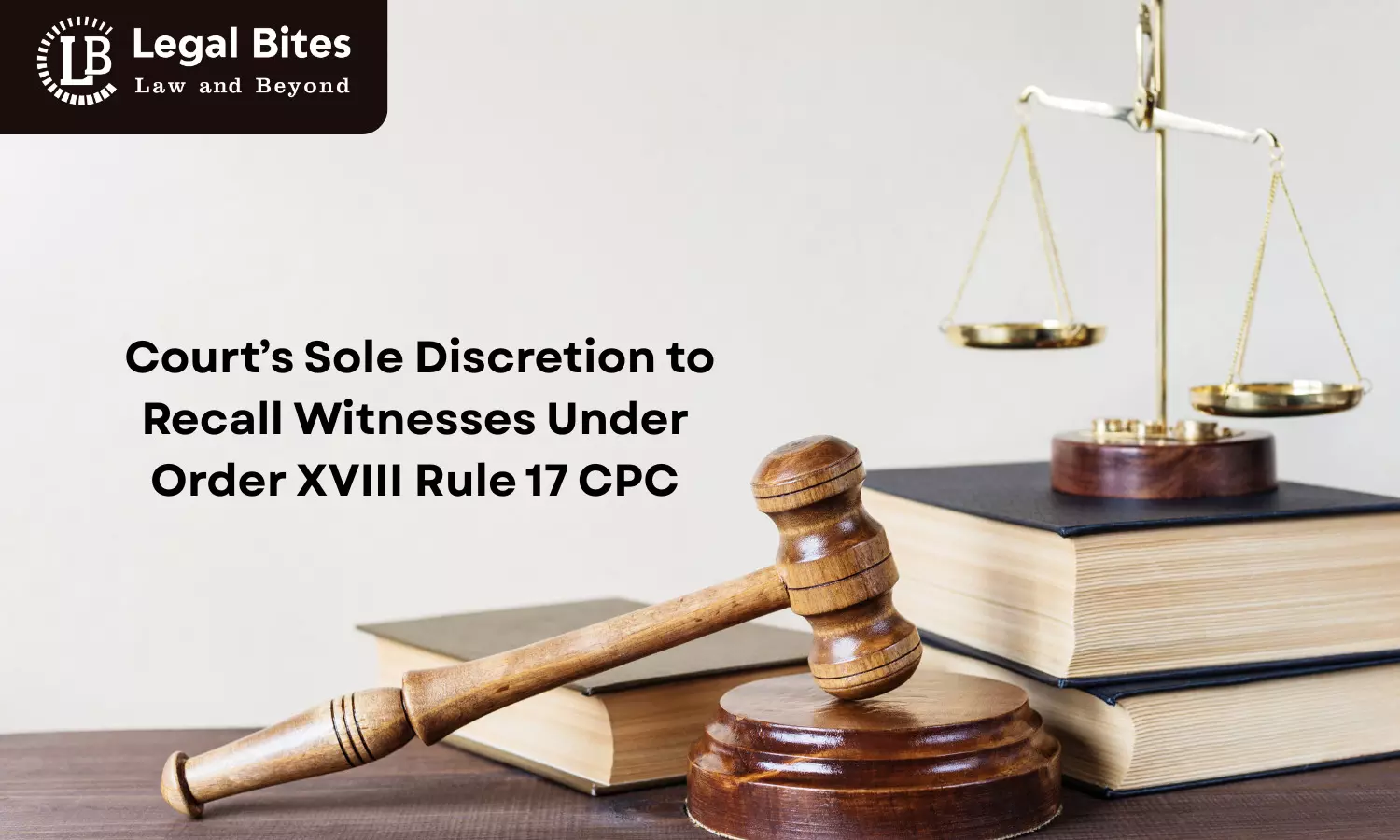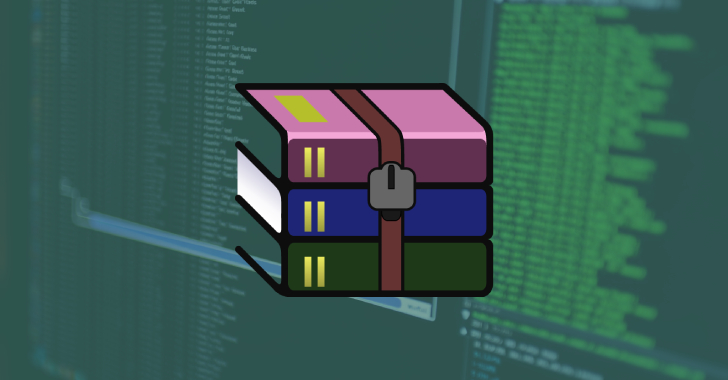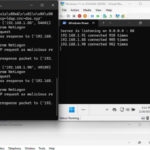
Order XVIII Rule 17 of the Code of Civil Procedure, 1908 (CPC), empowers the court to recall any witness at any stage of a suit. Over time, judicial interpretation has narrowed the scope of this provision, clarifying that the power to recall a witness is an inherent and discretionary one, to be used sparingly and only for clarification, not for filling in evidentiary gaps.
The Supreme Court’s judgment in Shubhkaran Singh v. Abhayraj Singh & Ors. (2025) offers a fresh affirmation of this position, reinforcing the principles in earlier landmark cases.
Understanding Order XVIII Rule 17 CPC
The text of Order XVIII Rule 17 CPC reads:
“The Court may at any stage of a suit recall any witness who has been examined and may (subject to the law of evidence for the time being in force) put such questions to him as the Court thinks fit.”
This provision vests discretion in the court to recall witnesses for clarification. The power is judicial in nature and must be exercised with caution. Importantly, it does not grant the parties any right to recall witnesses for further examination or cross-examination.
Supreme Court Ruling: Shubhkaran Singh v. Abhayraj Singh (2025)
In Shubhkaran Singh v. Abhayraj Singh [SLP(C) Nos. 12012-12013/2025], the petitioner challenged the rejection of his application under Order XVIII Rule 17 CPC by the Madhya Pradesh High Court. The Supreme Court dismissed the petition and reiterated the limited scope of this rule.
Key Observations from the Judgment
- Nature of Discretion: The Court clarified that Order XVIII Rule 17 confers discretion solely on the judge, not on the litigating parties. It may be invoked by the court suo motu or at the request of a party—but only for clarification.
- Limited Purpose: The objective of recalling a witness is to clarify ambiguities or doubts in the testimony already recorded. It is not meant to fill evidentiary lacunae or provide a second chance to the parties.
- Leave of the Court Mandatory: Any questioning beyond what the court initiates must be done with the express leave of the court. Cross-examination by parties on such recall is not a matter of right.
- No Automatic Right: The parties do not have an automatic or vested right under Order XVIII Rule 17 CPC to recall a witness for fresh examination or to supplement evidence.
- Section 165 of the Indian Evidence Act: The court linked Order XVIII Rule 17 CPC with Section 165 of the Indian Evidence Act, 1872, which authorises judges to put questions to witnesses to discover relevant facts. This reinforces the idea that the court’s discretion is paramount.
Supporting Case Laws
1. Sultan Saleh Bin Omer v. Vijayachand Sirmal (AIR 1966 AP 295)
In this case, the Andhra Pradesh High Court held that Order XVIII Rule 17 does not give a party the right to recall a witness for examination or cross-examination. The rule empowers only the court to seek clarification by recalling witnesses.
2. Vadiraj Naggappa Vernekar v. Sharadchandra Prabhakar Gogate (2009) 4 SCC 410
The Supreme Court held that this power should be used sparingly and only in appropriate cases. Merely stating that no prejudice would be caused is not a sufficient ground to allow such recall.
3. K.K. Velusamy v. N. Palanisamy (2011) 11 SCC 275
This case extensively dealt with the distinction between Order XVIII Rule 17 and Section 151 CPC. The Court held that while Order XVIII Rule 17 is for court clarification, if a party needs to re-examine a witness, it may invoke the inherent powers under Section 151 CPC, provided the request is bona fide.
Discretion versus Right: Clarifying the Legal Position
The jurisprudence on this issue makes it amply clear that the power under Order XVIII Rule 17 is discretionary and rests solely with the court. The 2025 ruling reiterates that:
- The provision is not meant to supplement a party’s case.
- The aim is to clarify the court’s understanding, not to grant a procedural advantage.
- Section 151 CPC may be resorted to in exceptional situations, but not under the pretext of Order XVIII Rule 17.
Implications of the 2025 Judgment
- Reaffirmation of Judicial Discipline: The judgment upholds the sanctity of procedural boundaries and discourages misuse of the provision for delaying tactics.
- Guidance for Trial Courts: It acts as a binding precedent for subordinate courts, ensuring that any application under this provision is scrutinised strictly.
- Protection Against Abuse: The judgment provides a safeguard against the frequent filing of applications to recall witnesses, which often aim to cover up evidentiary gaps.
- Promoting Judicial Efficiency: It aligns with the broader goal of minimising delays in civil trials and upholding procedural discipline.
Scope of Inherent Powers under Section 151 CPC
While the discretion under Rule 17 is narrow, the court retains inherent power under Section 151 CPC to recall witnesses if justice demands it. However, this is subject to:
- Bona fide intention
- Valid explanation for prior omission
- Absence of negligence or malice
- Assurance of no prejudice to the opposite party
The court may impose conditions such as costs, time limits, or restricted questioning to ensure fair play.
Conclusion
The Supreme Court’s 2025 ruling in Shubhkaran Singh v. Abhayraj Singh serves as a significant reaffirmation of the judicial interpretation of Order XVIII Rule 17 CPC. It underscores the exclusive nature of the court’s power to recall witnesses and the importance of procedural propriety in civil litigation. By discouraging casual invocation of this provision, the Court has aimed to maintain the integrity of civil trials and balance judicial discretion with the rights of parties.
This judgment, along with precedents like Velusamy and Vadiraj Vernekar, creates a coherent legal framework governing the recall of witnesses, anchored in the principle that justice must not only be done but be seen to be done within the bounds of law.


